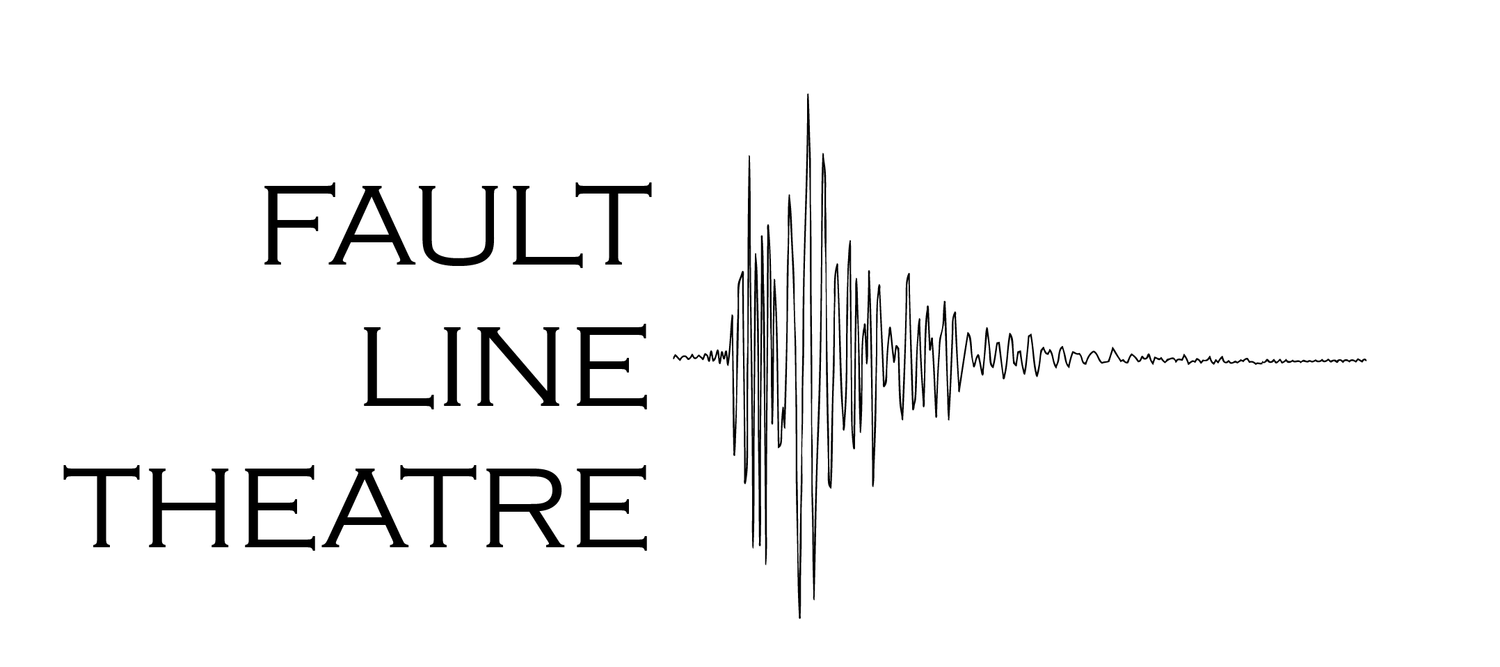There’s only about a week and a half left to catch our production of Nick Gandiello’s The Wedge Horse. We sat down with Nick to chat about his process, the people that influence him, and how this play came to life with Fault Line Theatre.
How did your hometown inspire The Wedge Horse?
Baldwin is a town along the Babylon line, which travels the south shore of Long Island’s Nassau County, where some of the richest towns in the country are across streets from some of the poorest. But as I remember it, ethnicities, classes, and cultures didn’t clash so much as stew together. We were kids; we had different backgrounds, yeah, but we fell in love and fought and worshipped each other, like kids have to do. We hung out on the train platforms, we packed into cars on the highways, we staked out space on the crowded beaches. I think we wanted to be a lot of things that we weren’t.
New York City was west of us. It felt like it was just past eyeshot but somehow way beyond reach. It was like an unbearably cool older cousin who you saw sparingly and desperately wanted to be around. Then you get older and you see a lot of pain in something that used to be untouchable.
I think The Wedge Horse was a way to explore what perplexes me most about the world through places and people that I know in my bones.
What excites you about this group of collaborators?
Fault Line Theatre thrives on a fascination with plays as live events, and that’s where the work starts. In one of the earliest workshops of The Wedge Horse, we had almost the full design team there, turning over the text. We had been discussing the setting, trying to imagine the train station, then on a break I saw that I had an email. Tristan Jeffers [set designer] had been researching as we talked, and he had sent us a handful of photos of the train platform to help us visualize it. Fault Line Theatre buzzes with an excitement about how the play moves through time and space with the audience.
Working through the story with Aaron [Rossini] and the actors, we get giddy, angry, and sad – then go back to technique to turn all of that into drama. There are long, impassioned discussions about the world, then concentrated efforts to turn that into moments on stage. Fault Line Theatre fosters a collaboration full of excitement and feeling that is anchored by discipline and craft.
How does the political climate affect your writing?
When horrible things happen around us, we end up with a lot of excess fear and sadness that don’t fit nicely into workaday life. Politicians almost routinely fail to help us process those emotions into society, but politics is how we try to do it anyway, kicking and screaming. And we may be becoming experts on making enemies of each other as we try to make sense of it all.
I write a play when something happens in the world that is too upsetting to just carry on with, and I feel myself seeking enemies. I need to put what disturbs me right there in the middle of it, then find a path toward empathy. So, when the political climate reaches peak controversy, and seems to present enemies to blame for my fear and sadness, I write to find a different way to use those emotions.
Who are your favorite writers?
My favorite playwrights are Caryl Churchill, Conor McPherson, Simon Stephens, and Christopher Shinn. My favorite novelists are Jennifer Egan, Evie Wyld, JM Coetzee, and Katherine Dunn.

